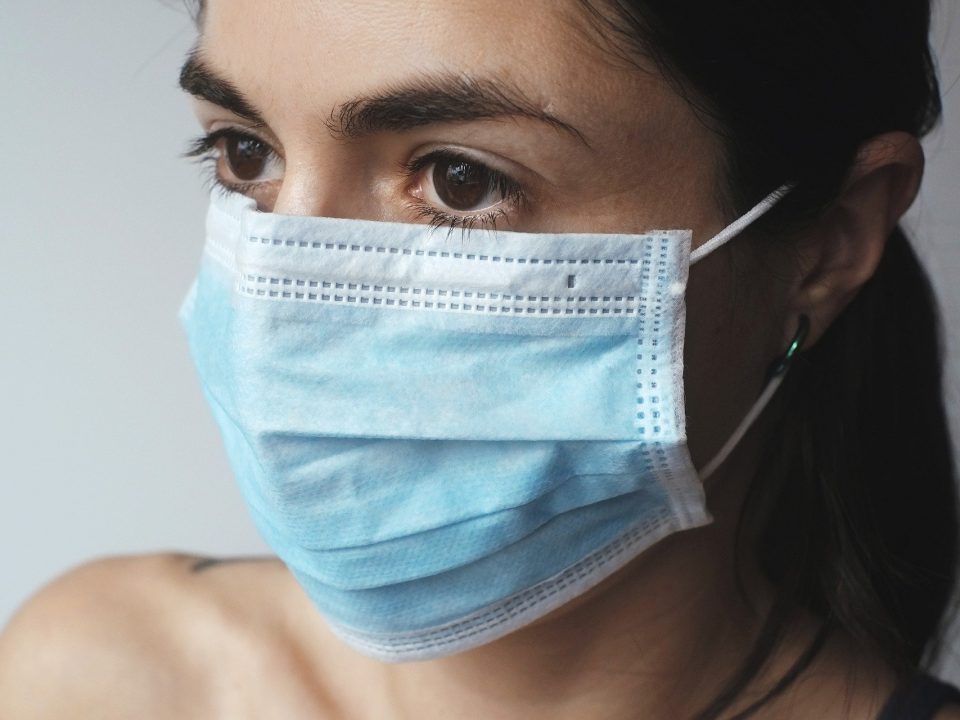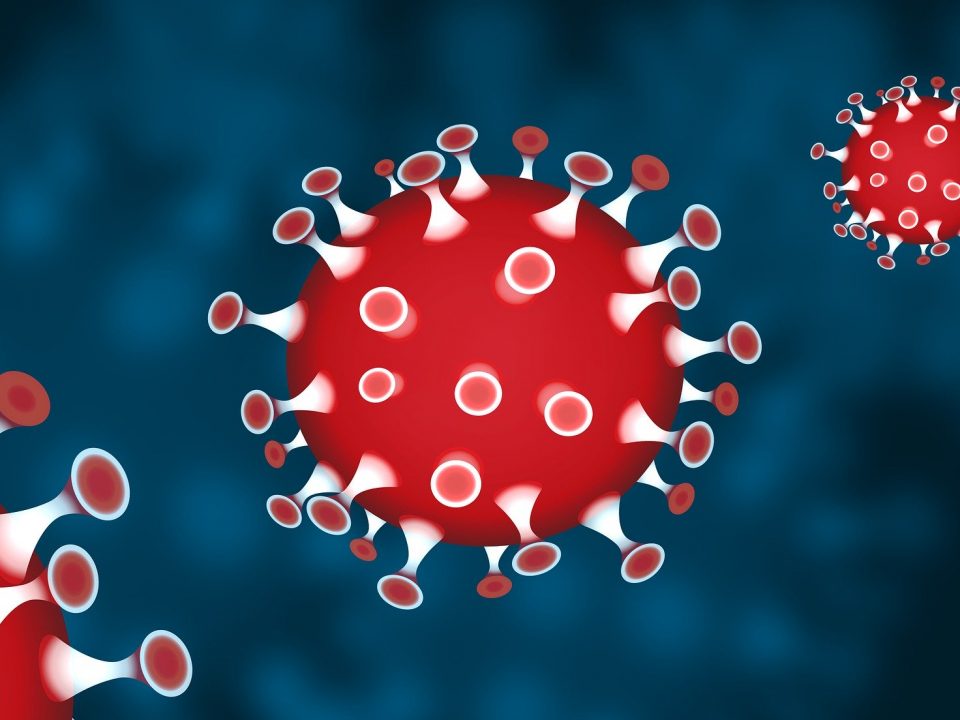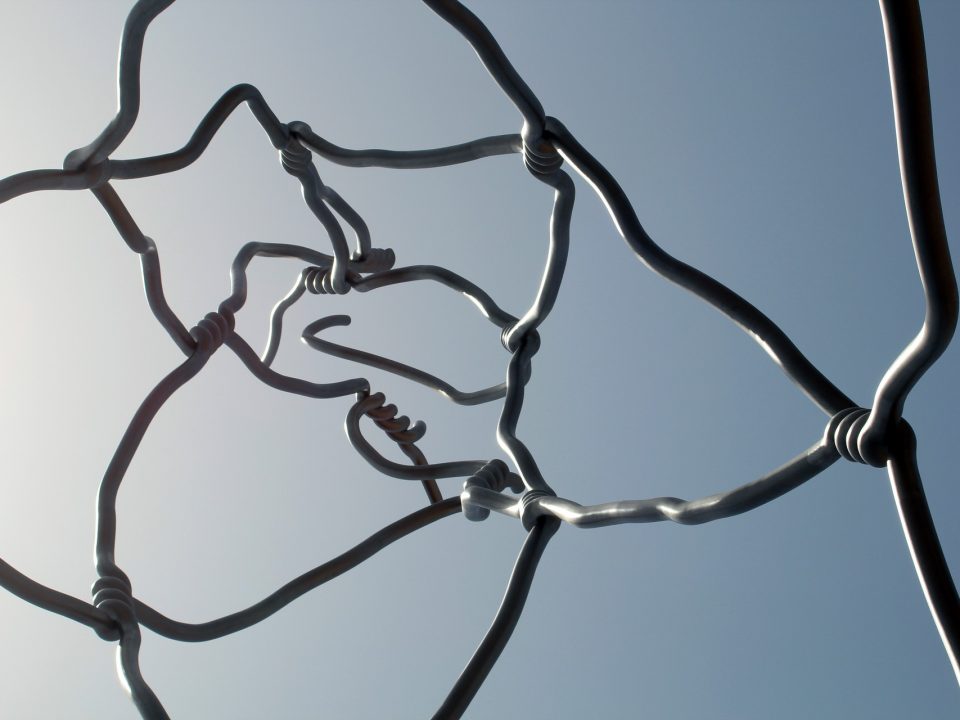Philadelphia Helps Improve Lives With Its Water Assistance Program

Access to clean drinking water is considered a basic human right. And yet, for many low-income families in the United States – a disproportionate amount of which are people of color – water affordability is a real issue. The price of running water is on the rise around the country, and with these increases comes an epidemic of people not being able to afford their utility bills and having water shut off. Philadelphia has taken a ground-breaking step towards making sure its residents don’t go without drinking water and sanitation by implementing a citywide water assistance program called TAP: the Tiered Assistance Program.

Philadelphia’s water assistance program, TAP, ensures that its most vulnerable residents aren’t left without drinking water or sanitation.
TAP was introduced by Councilwoman Maria Quiñones-Sánchez (D) and unanimously passed by the Philadelphia City Council in 2015. It is a proactive program, which provides assistance before customers are behind on their bills and have their water shut off. Under the program, residents’ water bill is based not on their monthly usage, but on a percentage of their monthly income. Philadelphia residents that make up to 150% of the poverty cutoff line (about $3,070 monthly for a family of 4) pay a monthly bill that is tiered based on what their income is. For example, a family of four making around $12,300 per year would have a monthly water bill of about $20.50. The projected water bill would go up to 2.5 percent for those making between 51 percent and 100 percent of the FPL and would jump to 3 percent for households with incomes from 101 to 150 percent of the FPL.
For customers enrolled in the water assistance program, any outstanding balances are suspended as long as they remain in the program. If they make on-time payments for two years, any accrued interest or penalty charges are forgiven.
Human rights activists point to Philadelphia’s water assistance program as a workable blueprint for other communities around the United States, while acknowledging that the best-case scenario would be a federal program that would not exclude any Americans just because they don’t live in a sympathetic municipality.



